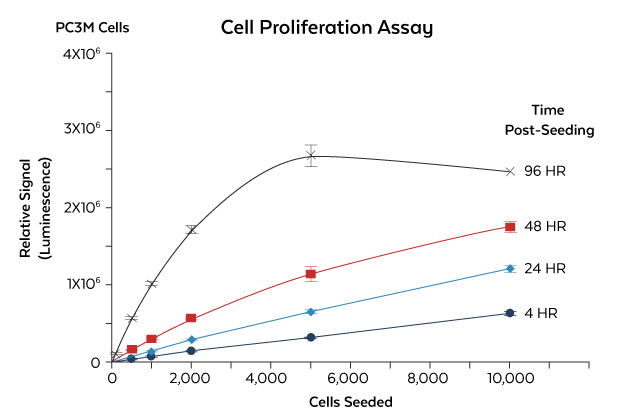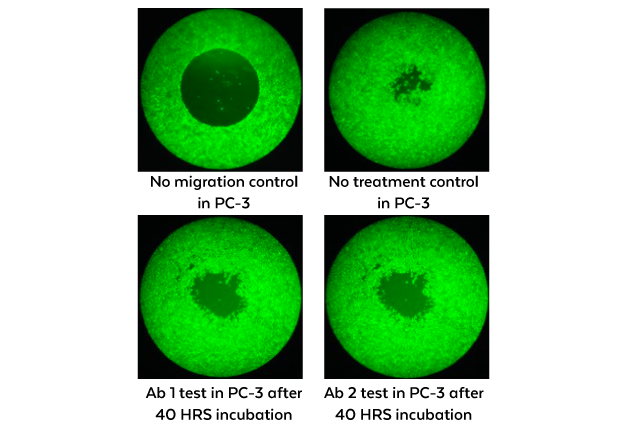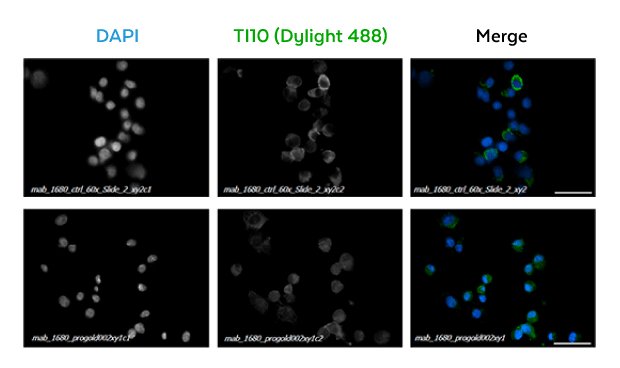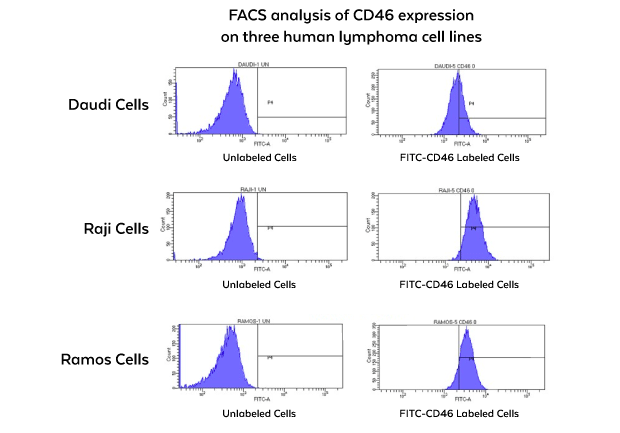Cell Based Assay Development
Cell Based Assay Development
Keep your scientists focused on discovery and leave cell-based assay development and implementation to the experienced scientists at Rockland. We use a variety of methods, such as immunofluorescence microscopy, flow cytometry, plate-based fluorescence detection, etc., to develop, qualify, validate, and run cell-based assays. Our clients have included many of the biggest biopharma organizations in the industry and the assays we develop support the full range of drug and diagnostics efforts.
Cell-based Assay Capabilities
Using many of our own kits and reagents for maximum efficiency and quality, we offer assay development, qualification, validation, and implementation.

Cellular Viability and Proliferation
We can develop and run assays that evaluate the effects of pharmacological agents, drug contaminants, environmental toxins, and more on cellular viability and proliferation.

Cell Migration
We use fluorescence microscopy and fluorescence detection via plate reader to develop and run qualitative and quantitative cell migration assays. Our assays typically use collagen- or fibronectin-coated tissue culture plates and labeled cells.

Cell Imaging
Working with our network of collaborating labs, we develop and run assays to visualize cellular physiology and morphology.

Flow Cytometry and Fluorescence Activated Cell Sorting (FACS)
Our network of collaborating labs also enable us to offer flow cytometry and FACS-based assays to capture and quantify cellular events.
Interested in cell-based assay development and implementation?
We can help move your program forward—contact us to find out how.